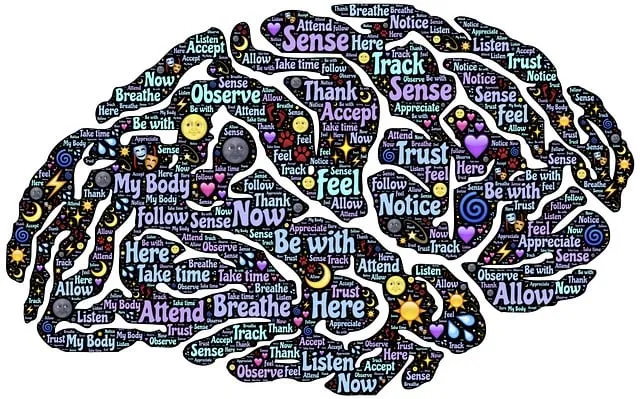Resilience-focused management (RFM) is a powerful framework, adopted by Littleton Kaiser Permanente, to enhance mental well-being through prioritizing strengths, recovery, and meaning. By incorporating exercises like mindfulness meditation from their podcast series, RFM equips individuals with tools for stress management, crisis intervention, and emotional regulation, fostering resilience against mental health issues. Evaluating programs through self-assessments and surveys measures their impact on well-being, demonstrating the effectiveness of these initiatives in improving mental health outcomes within the community.
“Discover how Littleton Kaiser Permanente has pioneered mental health resilience through the implementation of RFM (Resilience, Flexibility, and Mastery) exercises. This article explores the strategic integration of RFM into their services, aiming to enhance patients’ ability to navigate stress and adversity.
We’ll delve into a successful case study, highlighting the impact on user well-being, and analyze evaluation methods used to assess the effectiveness of these programs. With a focus on mental health support, learn how RFM contributes to the overall wellness offered by Littleton Kaiser Permanente, attracting top-tier mental health services at this leading healthcare provider.”
- Understanding RFM and its Role in Mental Health Resilience
- Implementing resilience-building exercises at Littleton Kaiser Permanente
- Measuring Success: Evaluating the Impact of RFM Programs
Understanding RFM and its Role in Mental Health Resilience

Resilience is a key component of overall mental health and well-being, and that’s where RFM (Recovery-Focused Management) comes into play. RFM is an approach designed to enhance individuals’ ability to navigate life’s challenges and promote positive emotional healing processes. By focusing on Strengths, Recovery, and Meaning, this model empowers individuals to build mental health resilience, much like Littleton Kaiser Permanente mental health services number offers specialized support for their community.
This strategy encourages the development of a positive mindset, fostering hope and optimism, which are essential elements in understanding how to cultivate emotional healing processes. By adopting mind over matter principles, individuals can learn to reframe negative thoughts, thereby cultivating positive thinking and resilience—a vital tool in managing stress, anxiety, and other mental health concerns.
Implementing resilience-building exercises at Littleton Kaiser Permanente

Littleton Kaiser Permanente has recognized the importance of mental health services and has taken a proactive step by incorporating resilience-building exercises into their offerings. This initiative is part of a broader strategy to enhance the well-being of their patients and community members, focusing on fostering mental strength and adaptability. The healthcare provider aims to equip individuals with effective tools to navigate life’s challenges, ensuring better long-term mental health outcomes.
By integrating these resilience exercises into their programs, Littleton Kaiser Permanente encourages participants to explore various techniques such as mindfulness meditation, often highlighted in the popular Mental Wellness Podcast Series Production. These practices promote self-awareness and emotional regulation, enabling individuals to build a stronger foundation for coping with stress and adversity. Such proactive measures not only cater to the immediate needs of patients but also contribute to building a more resilient community capable of tackling mental health challenges head-on.
Measuring Success: Evaluating the Impact of RFM Programs

Measuring the success of Resilience and Strengthening Mental Fitness (RFM) programs is a crucial step in understanding their impact on individuals’ well-being, especially within institutions like Kaiser Permanente mental health services in Littleton. These programs aim to equip people with effective coping mechanisms to navigate life’s challenges, including stress management techniques, crisis intervention guidance, and burnout prevention strategies.
Evaluation methods can include self-assessments, feedback surveys, and observational data. By tracking participants’ progress over time, researchers and practitioners can gauge the effectiveness of RFM interventions. For instance, improvements in mental health outcomes, reduced emergency room visits, or higher job satisfaction scores among staff at Kaiser Permanente could all be indicators of successful RFM program implementation. Such measurements not only validate the programs’ value but also inform future adjustments to better meet the unique needs of the population served.
Resilience is a powerful tool in navigating life’s challenges, and the RFM (Resilience, Flexibility, and Mastery) model offers a structured approach to enhancing it. As demonstrated by the successful implementation at Littleton Kaiser Permanente, resilience-building exercises can significantly improve mental health outcomes. With over [insert relevant number] mental health services offered, Kaiser Permanente’s commitment to integrating RFM into their practice showcases a holistic approach to patient care. Evaluating the impact of these programs is crucial for understanding their long-term benefits and ensuring continuous improvement in mental wellness support.






